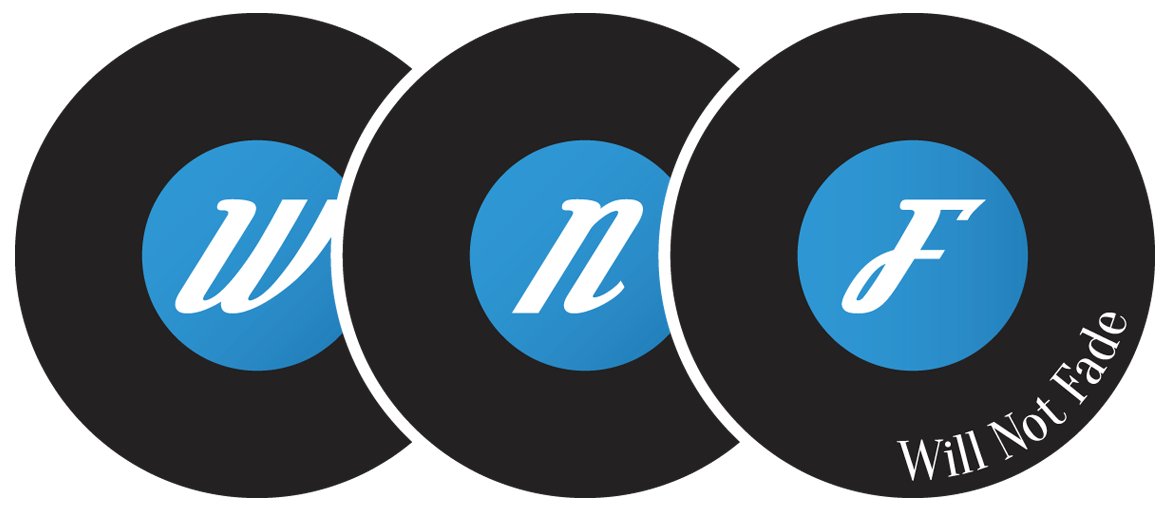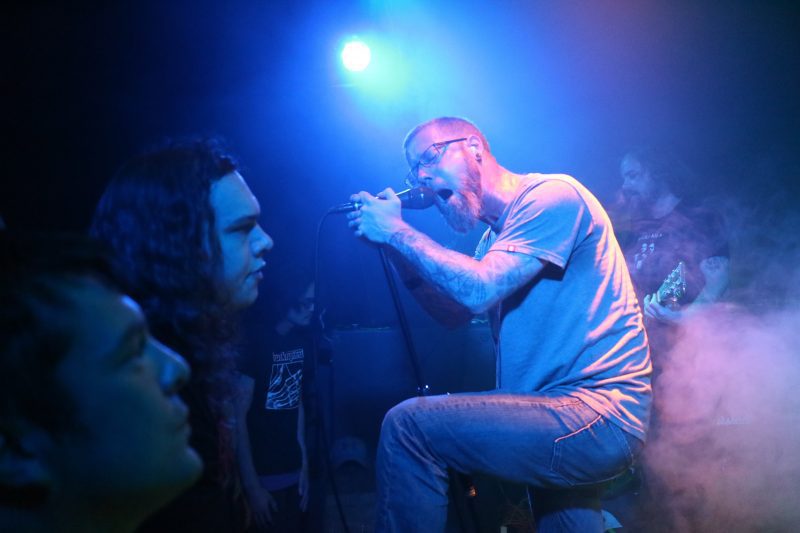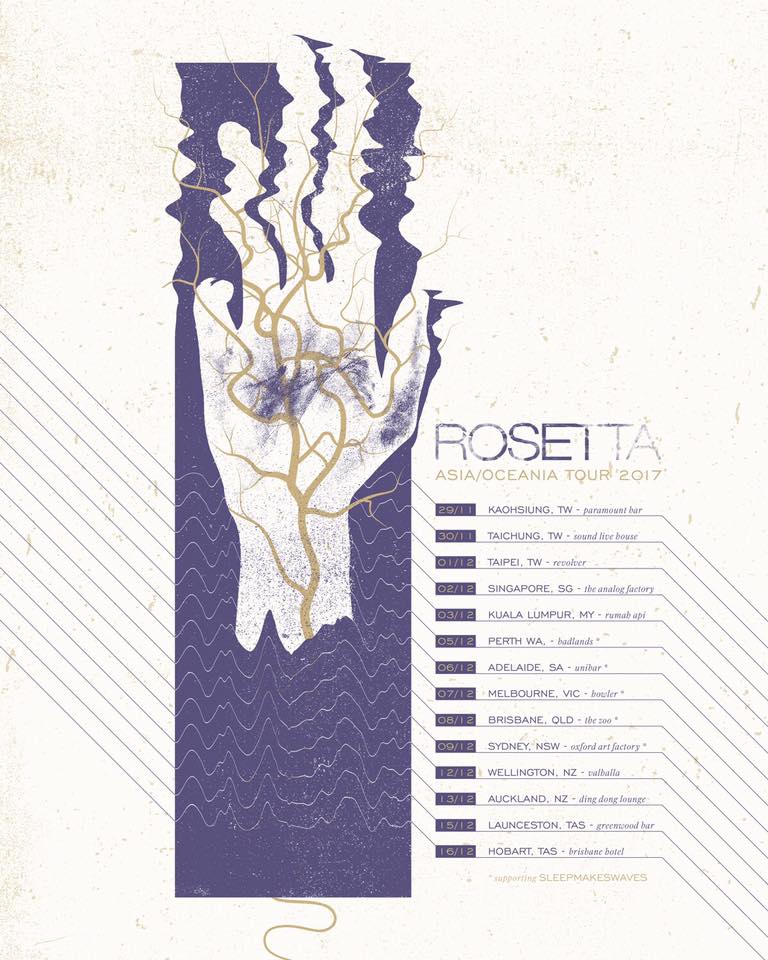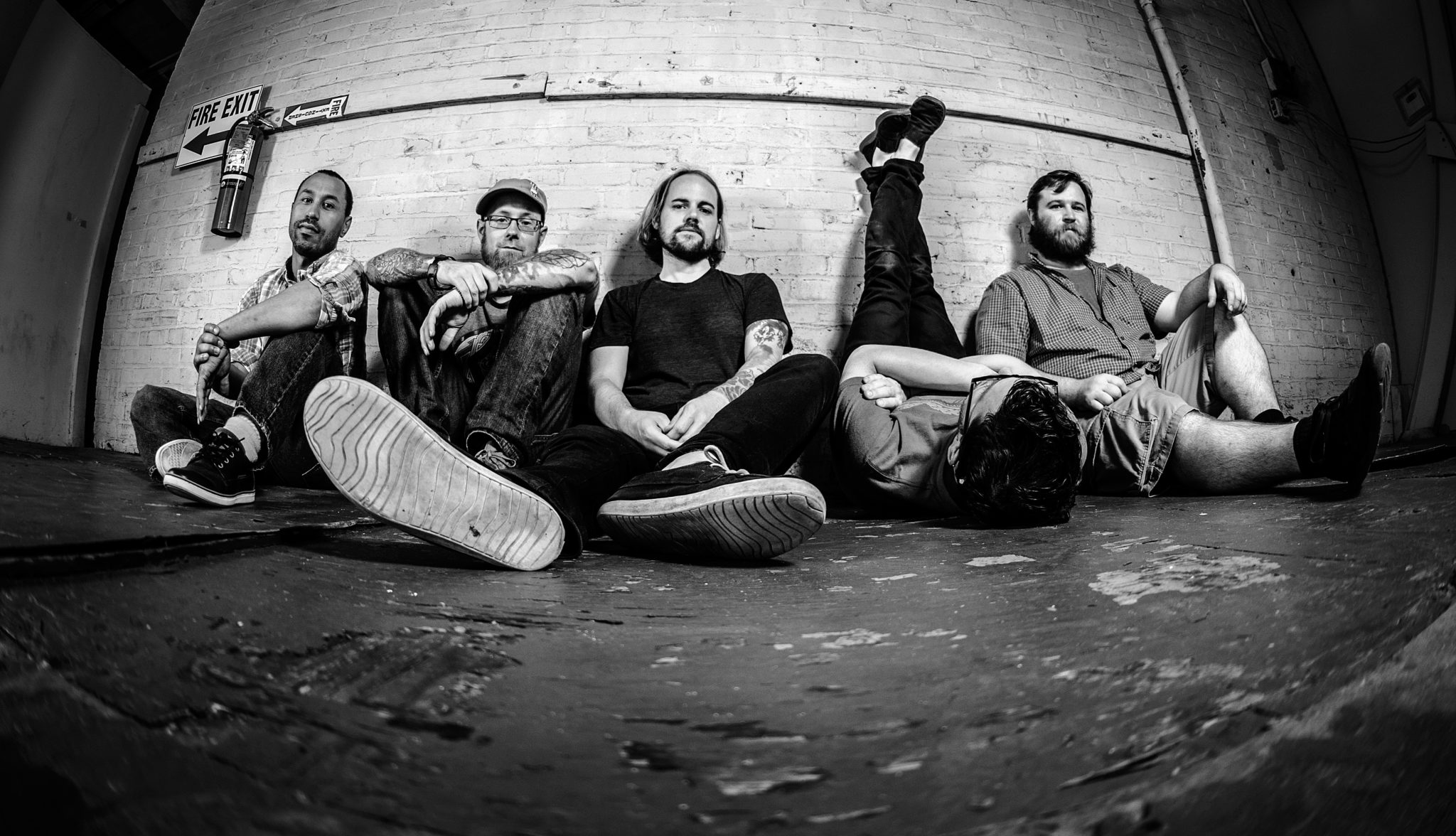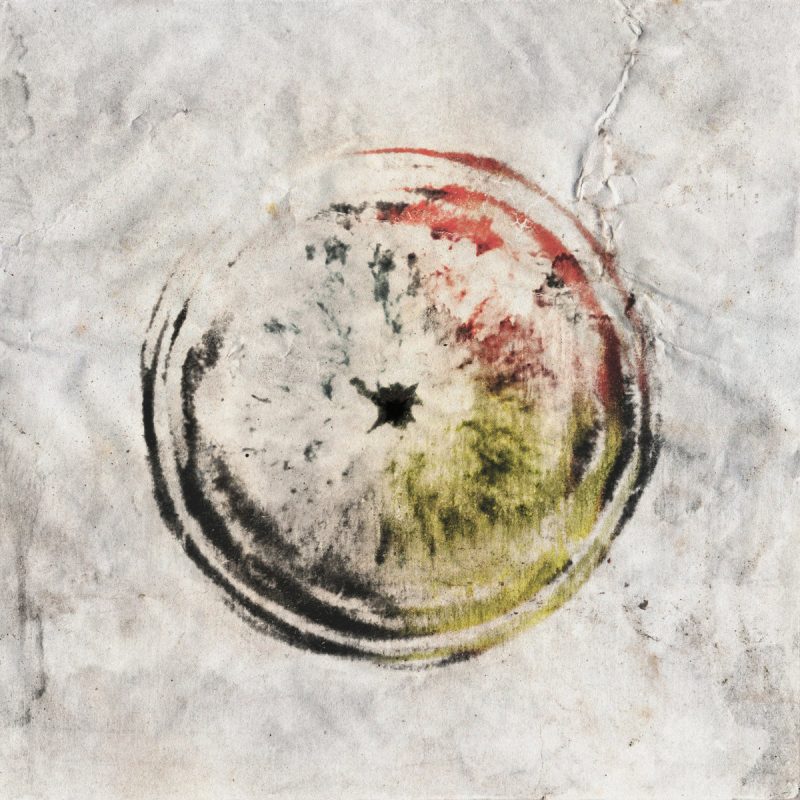Philadelphia post-metallers Rosetta have recently released their sixth album entitled Utopioid [Will Not Fade review here] – a portmanteau of Utopia and Opioid. Utopioid is a concept album composed of four distinct sections that explore the extremes of texture and dynamic. It is also the band’s third independent release, offered for pay-what-you-want on Bandcamp. This is an interesting move in the current age of streaming, but the band not only recouped recording costs, but also achieved top-selling status on Bandcamp.
Believing Utopioid to be an album worth hearing live, Rosetta just underwent an extensive tour across North America. After a short break, they will embark on another tour throughout Asia and Oceania in a month.
Will Not Fade’s Joseph James chatted with guitarist Eric Jernigan about the album, the band’s philosophy, and touring.
Will Not Fade: Obviously you have reason to be proud of your latest record. What sets Utopioid apart from the other albums for you?
Eric Jernigan: Thank you! This is the first time everyone opened his contributions to direct criticism from another. As always the primary focus was to create something that spoke to us as individuals. But we also learned that each one of us does better work in collaboration, challenging as that process may have been at times.
With the four parts of the album, did you write each separate section in sequence, or did you write everything and then arrange them by mood? Because this album is cyclical, so I was wondering about the order it was written in.
We dedicated certain blocks of time to each movement, but if the creative fire went dark for a certain section we allowed ourselves to explore new ideas or tweak existing songs based on what we were in the mood for. Can’t waste time after all.
Does coming up with a concept make writing music easier or harder?
I think musically speaking many concept albums are born haphazardly and later sequenced to fit the story at the artist’s convenience. We avoided that by drawing the map for the concept shortly after we finished the first song structure, and we stuck to it religiously. It made certain aspects of writing feel more cumbersome, but we know it produced our strongest work to date.
Tone, texture and timbre are clearly important to you. What are some ways you try to achieve these things?
I’ve found lately that purposefully limiting the number of tools at my disposal can force some extra creativity to the surface.
To continue that discussion of collaboration, who’s idea was it to create the remixes of your songs included on A Dead-Ender’s Reunion? How does it feel hearing someone else’s take on music you wrote?
We’ve been friends with Will Benoit (Living Phantoms) for many years and deeply admire his work as both a producer and a songwriter. It’s a real treat to hear your music filtered through the mind of a respected peer.
With the recent record, you stressed that this was worth hearing live, and have tried to tour it more widely. Is it hard living on the road so much?
As long as we remain cognizant of the privilege inherent in sharing our music with audiences around the world it’s not hard. No one likes operating on minimal sleep for 30 days straight or sitting upright in a van for hours on end, but the reward is worth the effort.
How was the American tour you just finished?
It helped remind us we live in an unbelievably beautiful country. We found a few hours to visit Yellowstone National Park on a cold day in late October and saw a bunch of geysers, a herd of bison, and a pack of wolves. And then of course we ruminated on the crushing power of the supervolcano lurking beneath us.
What are you expecting from the upcoming Asia/Australia/NZ tour? You’ve chosen a good time of year as we are coming into summer.
It’s been 5 years since we were in Australia and all the rest of the territory is brand new for us. Couldn’t be more excited. Hoping as always to find extra time to meet interesting people and check out whatever sights we can manage.

sleepmakewaves are opening for you in Australia, and Spook The Horses in NZ. They are strong bands, and I actually thought sleepmakeswaves showed up This Will Destroy you when I saw them play together once [Review]. What is your process for choosing support acts?
Actually we’re the support for sleepmakeswaves in Australia, so we built the rest of the tour around that. Spook the Horses have been on our radar thanks to Robin from The Ocean and Pelagic Records, so we were stoked when our NZ agent suggested them. In general we aim to travel with bands who push music somewhere new and hope to make friends along the way.
I recently attended dunk!festival in Vermont, where Pelican and Junius were among the top billing acts. One thing I noticed is that they appear to have more cross appeal than many other bands who played the festival because they cross from post-metal through to doom/sludge territory. But then there was also Russian Circle, who don’t have vocals, and still have managed to achieve similar success. I realise that when Rosetta formed, the idea of post-rock/post-metal wasn’t so prevalent, but do you think that including vocals affects how accessible you are as a band?
To be honest accessibility has never been among our goals so we don’t spend much time thinking about it. Many of our friends in prominent instrumental bands receive unsolicited offers from random singers no one’s ever heard of: “Hey, obviously you left out vocals because you just haven’t found the right front person yet.” Likewise I’m sure there’s a contingency of people who’d prefer we didn’t incorporate screamed and/or sung vocals. Truth is none of that has any bearing on what we create.
After parting with Translation Loss Records, all your albums have been released independently. Talk me through that decision. How does staying independent compare to the option of re-signing to a label?
Translation Loss is a great label that helped us out immensely over the years. Independence simply gives us a more direct line to our listeners and vice versa. We value that connection.
If you were to give advice to a band starting out, would you still recommend the DIY route?
There’s no other way for a young band as far as I know!
When you first decided to offer your music at a pay-what-you-want price, did you expect to earn enough to cover recording costs? Has this helped you gain more exposure?
No, there was a lot of trepidation within the band on the eve of the release of The Anaesthete. We’re lucky to have a wide-ranging group of supporters who understand that music and art are valuable. I doubt it’s helped us gain more exposure, but who’s to say?
How does it feel to have gained best-selling status on Bandcamp?
We are immensely proud of that achievement. Again, we owe that honor to our fan base for their contributions.
Bandcamp offers different formats like FLAC and WAV, and I noted that you recently re-uploaded Utopioid at a higher res.. Do you care about how people access your music (iTunes, Spotify, Google Play etc…)?
For me the idea of caring about how people access our music is tantamount to exploring how people devote their attention to the consumption of music in general. If caring means I wish people would actively listen to our records rather than stream them from Youtube while reading pointless articles online, then yes. But I also recognize music serves different purposes for everyone.

Do many people still buy the physical albums when they are made available? Is there still a demand of supposedly outdated media like cassette tapes?
Yeah, with each album we expect more digital and less physical but demand for CDs and vinyl is actually increasing. We manufactured a small run of cassettes for Utopioid and have been psyched to see them selling through our Bandcamp page and at shows.
I see that you have offered bonus tracks on a few albums for the Japanese editions. Now that the internet opens up access to a global audience, do you feel that you still have separate markets based on location?
That’s a good question. For the most part I think the internet has effectively leveled things in that respect. Nonetheless, it’s tradition in Japan to have some bonus material on a CD. So far we’ve always had the extra tracks around so it’s fun to release them with a great label like Tokyo Jupiter.
Rosetta has been around for 14 years now. How does being in a band now compare to back when you started?
As you might expect the responsibilities of life outside the band weigh a little heavier these days. Luckily the balance is manageable for the most part.
Rosetta Asia/Oceania Tour dates
29/11 Kaohsiung TW – Paramount Bar
30/11 Taichung TW – Sound Live House
01/12 Taipei TW – Revolver
02/12 Singapore SG – Analog Factory
03/12 Kuala Lumpur MY – Rumah Api
05/12 Perth WA – Badlands
06/12 Adelaide SA – UniBar
07/12 Melbourne VIC – Howler
08/12 Brisbane QLD – The Zoo
09/12 Sydney NSW – Oxford Art Factory
12/12 Wellington NZ – Valhalla
13/12 Auckland NZ – Ding Dong Lounge
15/12 Launceston TAS – Greenwood Bar
16/12 Hobart TAS – Brisbane Hotel
Rosetta links:
Website: http://www.rosettaband.com
Bandcamp: https://theanaesthete.bandcamp.com/
Facebook: http://www.facebook.com/rosettaband
Twitter: http://www.twitter.com/rosettaband
Instragram: http://www.instagram.com/rosetta_band

















































































